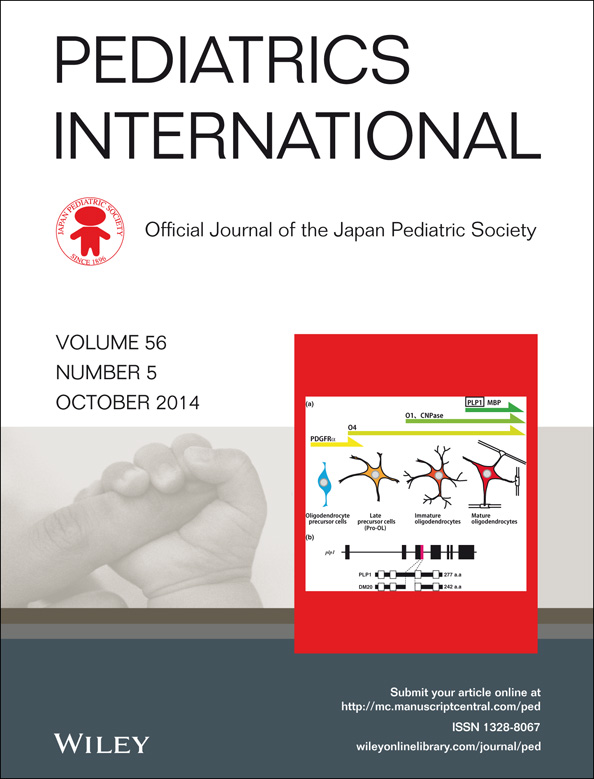Fatal sepsis in a child with thalassemia major due to Serratia marcescens
Abstract
One of the most important causes of mortality in thalassemic patients is infectious disease. Thalassemic patients develop severe invasive infection caused by microorganisms that are rare in healthy individuals. We describe the case of a 13-year-old splenectomized boy who presented with septic shock and who died 36 h after admission, despite broad-spectrum antibiotics and aggressive supportive care. Serratia marcescens was isolated from cultures of blood and tracheal aspirate. It is known that rare microorganisms will cause severe community-acquired infection in splenectomized patients with thalassemia major.




